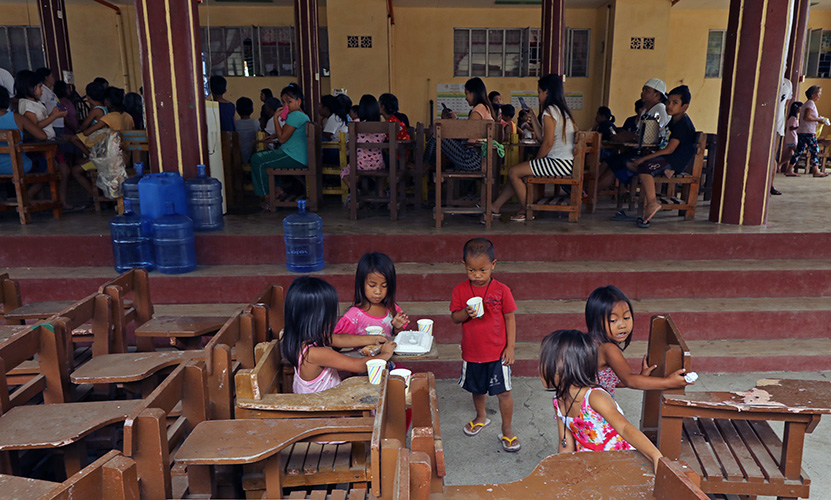The proposed revival of the Congressional Oversight Committee on Education (EDCOM) should pave the way for a more aggressive pursuit of reforms in the basic education sector, Senator Win Gatchalian said.

Without meaningful reforms to the country’s basic education sector—from the curriculum, teacher quality, and education governance–Gatchalian warned that the intergenerational impact of the education crisis would outlast the COVID-19 pandemic. The lawmaker also flagged the current lack of a “catch-up plan”, which should include learning recovery and remedial programs, to mitigate the learning losses resulting from protracted school closures.
A World Bank study said that more than 80 percent of Filipino learners are unable to meet learning standards expected for their grade level. It explains that poor classroom discipline, a weak sense of student belonging, and student bullying consistently emerge as key issues in Philippine schools. The WB study is based on our learners’ poor performance in three large-scale international assessments held before the pandemic: the 2018 Programme for International Student Assessment (PISA), the Southeast Asia Primary Learning Metrics (SEA-PLM) 2019, and the Trends in International Mathematics and Science Study (TIMSS) 2019.
Aside from decongesting the K to 12 curriculum to focus on core competencies, Gatchalian cited the importance of improving the quality of teacher education and training, the objective of Senate Bill No. 2152 or the Teacher Education Excellence Act. This seeks to amend Republic Act No. 7784 to make the Teacher Education Council (TEC) a responsive coordinating institution for the Commission on Higher Education (CHED), the Professional Regulation Commission (PRC), and the Department of Education (DepEd).
Gatchalian also proposed to increase the participation of local government units (LGUs) in improving the quality of education through Senate Bill No. 1579. Under this proposed measure, local school boards will be mandated to formulate and implement reforms and policies, which will be measured based on achievement scores in national tests, assessment tools, and other standardized test scores.
“Bago pa tumama ang pandemya, nasa ilalim na ng krisis ang sistema ng ating edukasyon kaya lalo pa nating dapat paigtingin ang reporma upang maiwasan natin ang lalong pag-urong ng kaalaman ng ating mga kabataan,” said Gatchalian.
Senate Joint Resolution No. 10 seeks the revival of the EDCOM, which was first created in 1990 and led to the creation of the report Making Education Work, An Agenda for Reform. Gatchalian joined Senators Sonny Angara, Franklin Drilon, Grace Poe, and Joel Villanueva in the filing of the said resolution.


